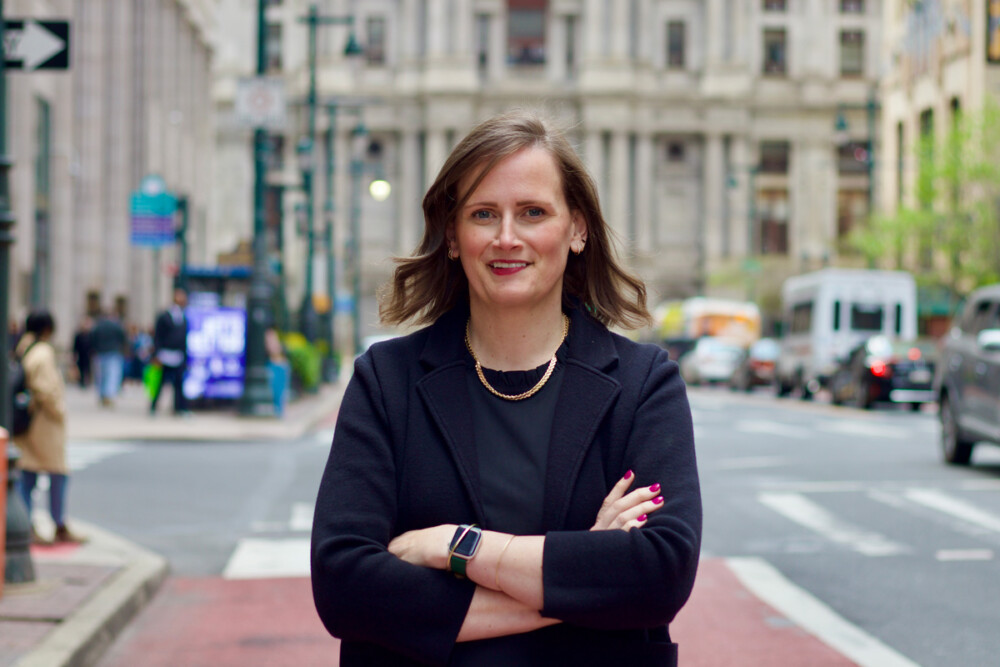
Meet Emily Yates: The Chief Innovation Officer Leading SEPTA’s Green Revolution
SEPTA’s Chief Innovation Officer and former Smart City Director talks sustainability and public transit
SEPTA is at the center of tight state budget conversations. The mass transit agency is the largest in the state, averaging over 797,000 unlinked passenger trips a day in October. Despite high usage, SEPTA faced a $240 million deficit for 2024 and has made the decision to halt their Bus Revolution and increase fare prices by 7.5% at the time of writing. Changes may come as Governor Shapiro announced that he will flex $153 million of highway funding to SEPTA. Below, Emily Yates, former Smart City Director and current Chief Innovation Officer at SEPTA, highlights public transit’s role in sustainability.
Emily Yates
Role: Chief Innovation Officer at SEPTA. Under the umbrella of Innovation, Yates oversees Data Analytics and Policy – which focuses on ridership numbers – and Sustainability – which covers the whole organization.
Green superpower: Relationship-building
How Yates wields her superpower: Getting people to come together on projects that seem risky. “A lot of pilots come out of the Innovation Department, but getting them to confidently come to the table and work together to execute on those pilots – that really helps push stuff forward.” She does this through meeting and talking directly to her colleagues, joking that she gets her 10,000 steps daily whilewalking all the floors of SEPTA.
What she finds fun about sustainability work: It’s cross-cutting. At SEPTA, they subscribe to a triple bottom-line approach to sustainability: social, economic, and environmental. “Everywhere you go, there’s a level of sustainability.”
What Yates is looking forward to with SEPTA in the next six months: SEPTA retired their last diesel bus earlier this year around the same time they announced their sustainability playbook. Playbook plans include exploring more renewable energy sources beyond the solar array in Franklin County; small scale interventions like battery recycling; and even creating more access to healthy foods for riders by hosting farmers markets at SEPTA stations.
She hopes to “make people’s lives easier while they’re riding our system, because transit is inherently sustainable.”
Challenges to overcome in the sustainability field: “Sustainability is still not perceived as a priority all the time. It’s considered ‘nice to have’ but not necessary.” Large up-front cost for some green measures can also be a hurdle. Reminding others that sustainability work enhances, not detracts, from projects.
Advice for getting involved locally: “The best way to contribute to the reduction of greenhouse gas emissions in the transportation sector is getting out of your single occupancy vehicle and riding public transit or biking.”
Beyond that, think outside of the box with sustainability! “It’s not just about solar power and greening and stormwater retention!” Eat local foods, get involved with Facebook groups, and, of course, ride public transit.
How to get in contact: Check out the ISEPTAPHILLY website and follow @iSeptaPhilly on all socials. Email the SEPTA Sustainability office at sustainability@septa.org and all them at 215-580-7800.
EDIT: A previous version contained broken links to public hearings. Public hearings are no longer taking place, so links have been removed. Cover Photo: SEPTA






